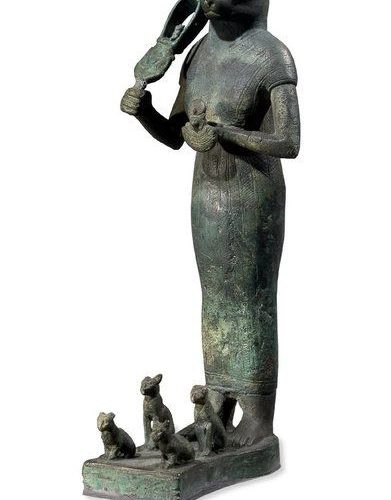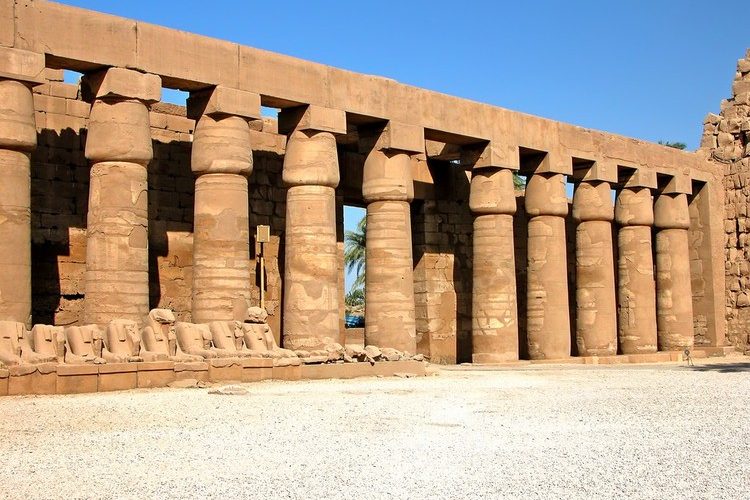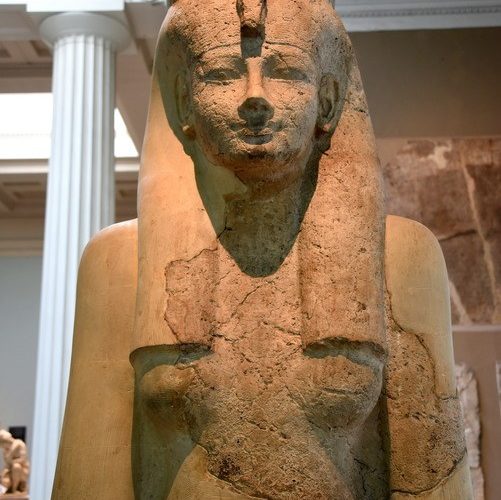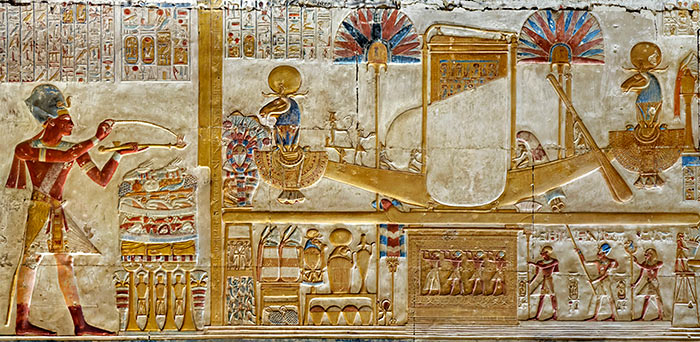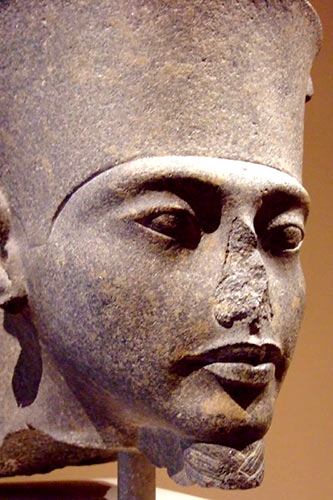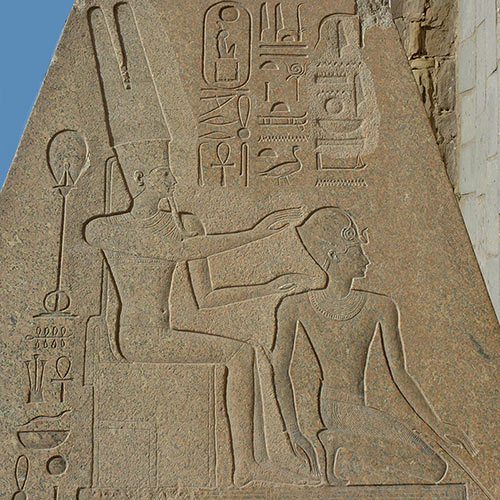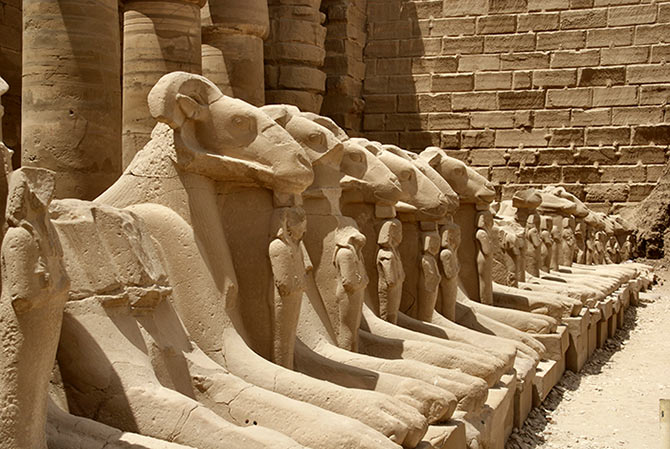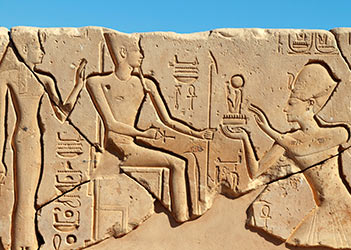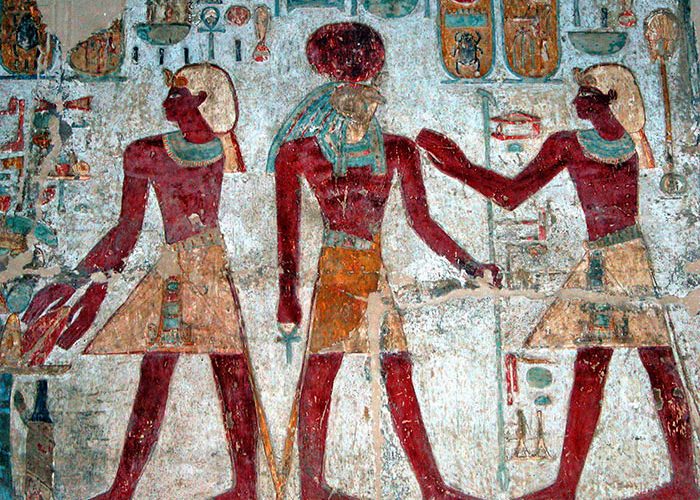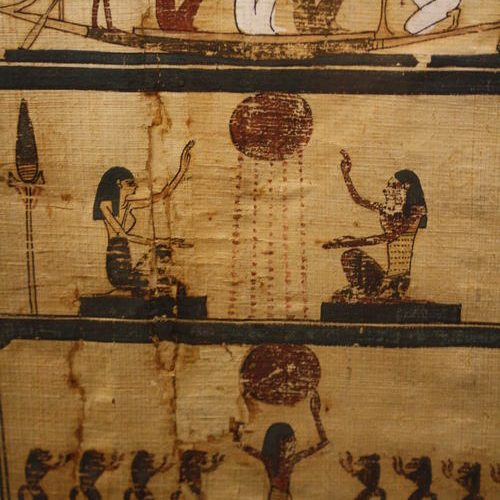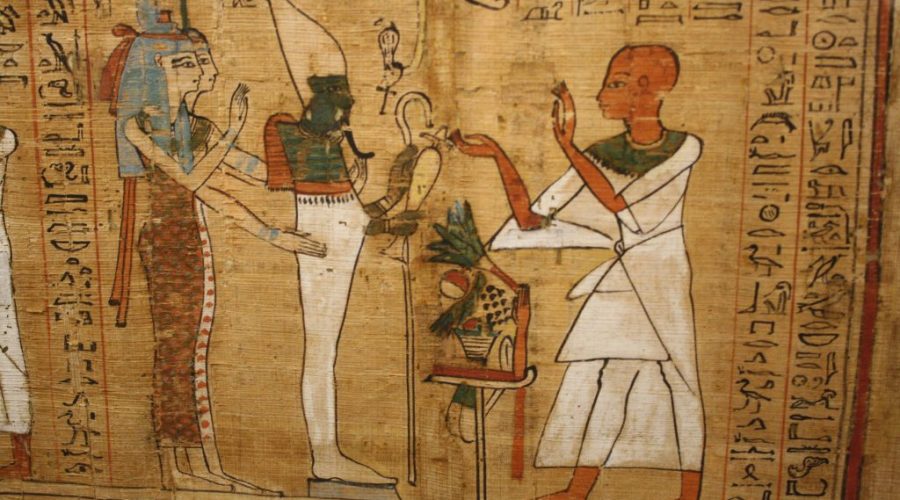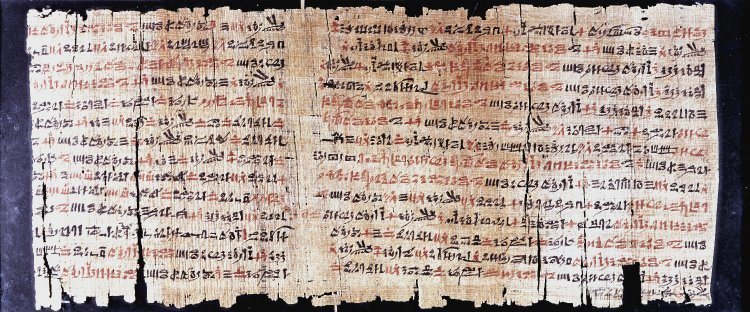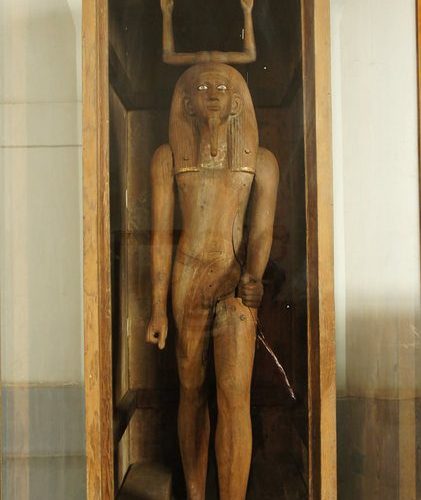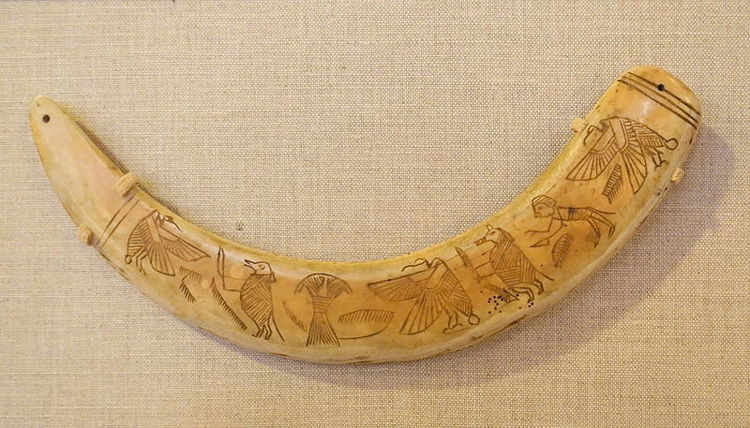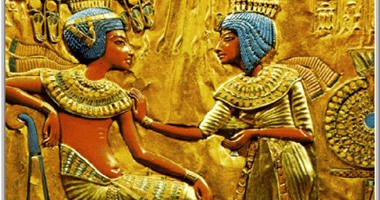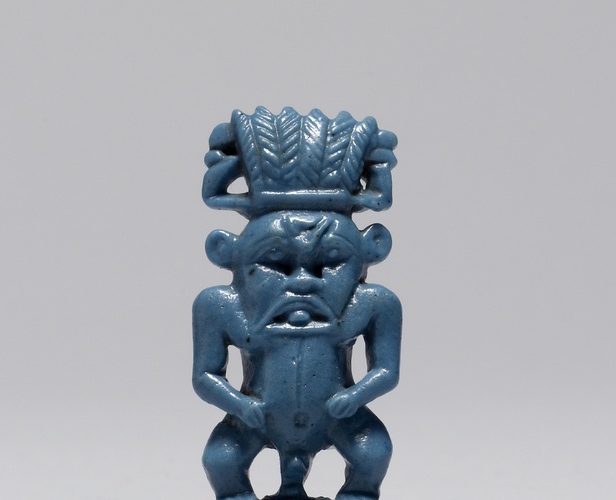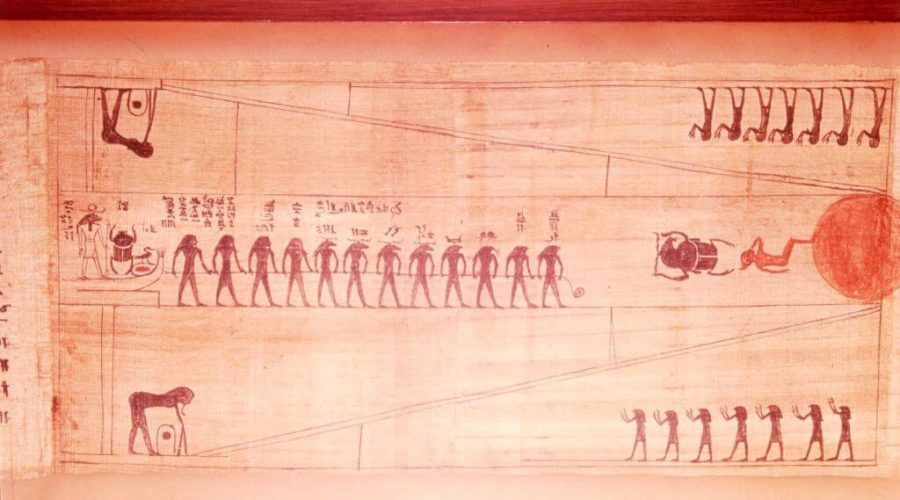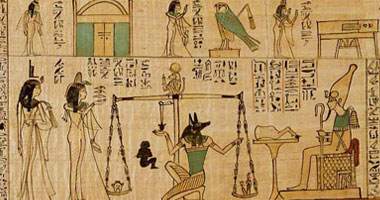Religious Practice in Egypt
There were no religious services in Egypt corresponding to worship services in the present day. The priests served the gods, not the people, and their job was to administer to the gods’ daily needs, recite hymns and prayers for the souls of the dead, and engage in rituals which ensured the continued goodwill of the […]
The Eeligion Afterlife
Egyptians were very concerned about the fate of their souls after death, and built tombs, created grave goods and gave offerings to preserve the bodies and spirits of the dead. They believed humans possessed ka, or life-force, which left the body at death. To endure after death, the ka must continue to receive offerings of […]

Battling the Gods: Atheism in the Ancient World
Was atheism a product of enlightenment philosophy? Tim Whitmarsh argues it is not. The classicist focusing on Ancient Greece and Rome argues that though evidence is scant in places, there is more than enough leads for historians to ascertain whether atheism has been prevalent since antiquity. Under the tutelage of Tim Whitmarsh, the reader has […]
Cosmology & Religio
The religion of Ancient Egypt lasted for more than 3,000 years, and was polytheistic, meaning there were a multitude of deities, who were believed to reside within and control the forces of nature. Religious practices were deeply embedded in the lives of Egyptians, as they attempted to provide for their gods and win their favor. […]
Amun | King of the Egyptian Gods
Among all the multitude of Egyptian deities, the god Amun was considered to be the king of the gods, a supreme creator-god. He was the ancient Egyptian god of fertility and life. While most Egyptian gods were ‘born’ at various points in the history of the Egyptian nation and many floated in and out of […]
Death in Ancient Egypt
To the ancient Egyptians, death was not the end of life but only the beginning of the next phase in an individual’s eternal journey. There was no word in ancient Egyptian which corresponds to the concept of “death” as usually defined, as “ceasing to live”, since death was simply a transition to another phase of one’s eternal existence. In […]
Magic & Religion
The priests of the temple cults understood this but their function was to honor and care for their particular deity and ensure a reciprocity between that god and the people. The priests or priestesses, therefore, would not invoke Heka directly because he was already present in the power of the deity they served. Magic in […]
Magic in Ancient Egypt
In ancient Egypt, if a woman were having difficulty conceiving a child, she might spend an evening in a Bes Chamber (also known as an incubation chamber) located within a temple. Bes was the god of childbirth, sexuality, fertility, among other his other responsibilities, and it was thought an evening in the god’s presence would […]
The Ancient Astronomy of the Nabta Playa Egyptian Stone Circle
Located deep in the Nubian desert, the Nabta Playa stone circle holds astonishing details of ancient astronomy. Located 500 miles south of Cairo, deep in the Nubian desert is one of the oldest stone circles in the world. Research has revealed that the Nabta Playa complex dates before Predynastic Egyptian history. Nabta Playa is […]
Ancient knowledge transfer: Egyptian astronomy,
Adapted from an article by Exzellenzcluster Topoi. Egyptian astronomers computed the position of the planet Mercury using methods originating from Babylonia, finds a study of two Egyptian instructional texts from Oxford’s Ashmolean Museum. The study was carried out by Mathieu Ossendrijver, a historian of ancient science at Humboldt University Berlin and Exzellenzcluster Topoi, and Andreas Winkler, an Egyptologist at Oxford University’s Faculty of […]

